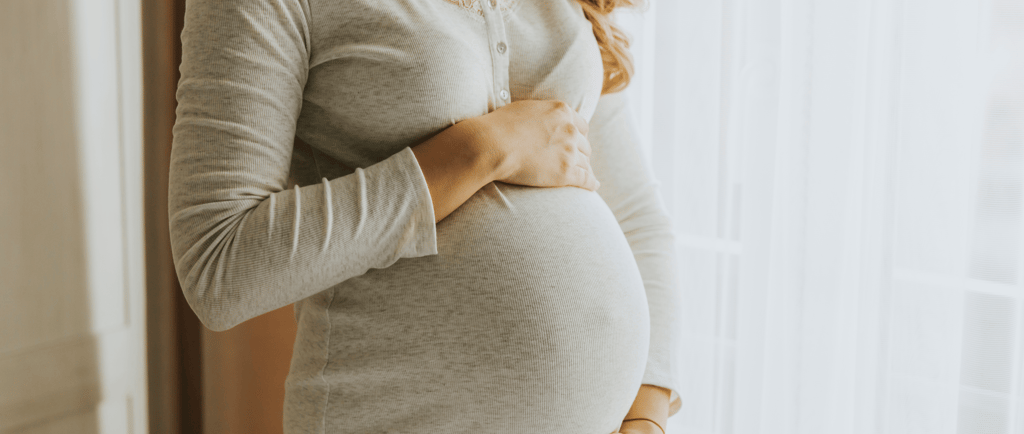Chances of Getting Pregnant After a Positive Ovulation Test: What to Expect
2 min read


You’ve just seen a positive ovulation test—amazing! That means your body is gearing up to release an egg, and you’re officially in your fertile window. But how high are your chances of getting pregnant after that positive result?
At fertie, we believe clarity brings confidence. Whether you’re trying to conceive naturally or preparing for fertility treatment, understanding the odds—and how to optimise your timing—can help you feel more in control of the process.
What Does a Positive Ovulation Test Mean?
Ovulation tests (also called OPKs) detect a surge in luteinizing hormone (LH)—a signal that ovulation is likely to happen in the next 12 to 36 hours.
This surge is your body’s green light that:
The egg is about to be released
It’s time to have sex or plan insemination
You’re in your most fertile window of the cycle
What Are the Chances of Getting Pregnant After a Positive Ovulation Test?
Your chances of conceiving are highest when you have sex 1–2 days before ovulation, as well as the day of ovulation itself.
Studies show that the peak fertility window is the 2 days before ovulation
After ovulation, your egg only survives for about 12–24 hours
Sperm, on the other hand, can live in your body for up to 5 days
That means sex right after a positive ovulation test—or ideally, the same day and next day—offers the best chance of success.
Estimated chances of conception (if timing is optimal):
Under 35 with no known fertility issues: 15–25% chance per cycle
Over 35: 10–15% chance per cycle
With fertility issues (like PCOS, low AMH, male factor): Varies greatly—often lower without treatment
How to Maximise Your Chances After a Positive Test
Have sex the day of the positive test and the day after: don’t wait—ovulation is close!
Use fertility-friendly lube (if needed): look for non-spermicidal, pH-balanced options like Pre-Seed.
Don’t overthink it: you don’t need to time it to the hour—just aim for within 24–48 hours of the positive test.
Track multiple cycles: the more data you have about your cycle, the more confidently you can time things.
Final Thoughts
A positive ovulation test is one of the clearest signs that you’re in your fertile window—and timing sex or insemination in the 24–48 hours after that positive result gives you the best shot at conceiving.
While no cycle comes with guarantees, understanding your body’s signals and learning how to work with them is one of the most empowering things you can do.
👉 Inside our Fertility 101 course, we walk you through ovulation tracking, cycle timing, and what to do next—so you’re not just hoping, you’re planning with confidence.
You don’t have to figure this alone
Inside fertie, you’ll get:
Expert-led courses to make informed decisions
Private support from women on the same path
Exclusive partner clinic perks & discounts
Disclaimer: Prices and treatment protocols vary by clinic and individual. Always consult with your fertility specialist for accurate, up-to-date pricing and guidance tailored to your situation.
© 2025. All rights reserved.
Cookie Policy

We are committed to educating and empowering women to take control of their fertility and to live life on their own terms.
FOLLOW US ON
RESOURCES
CONTACT US
